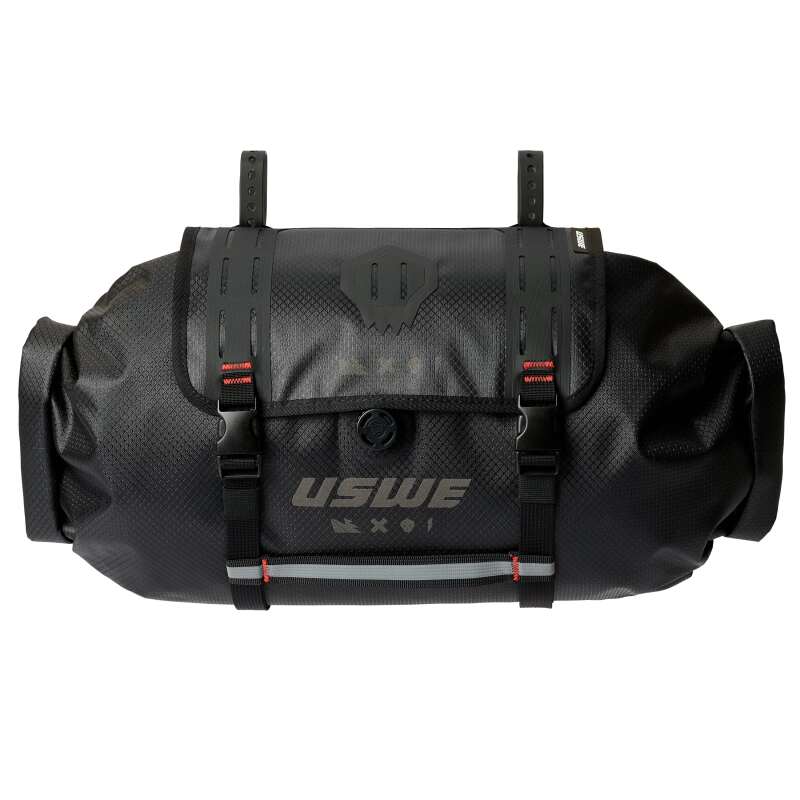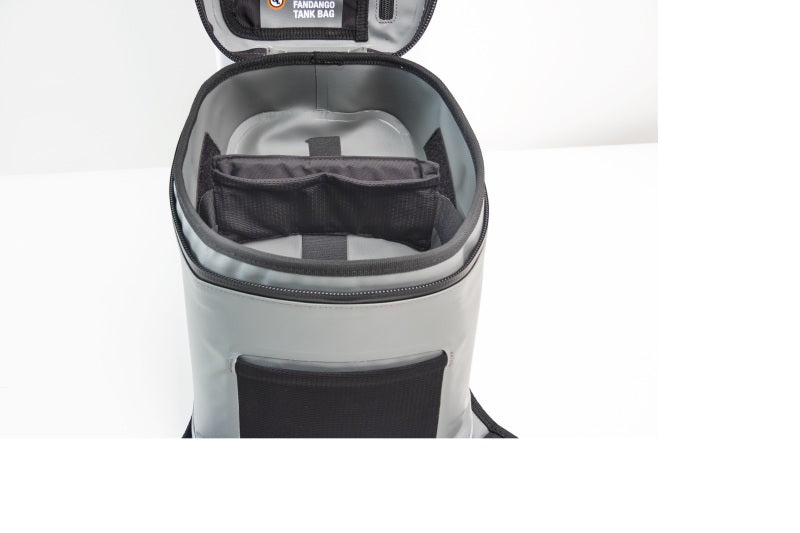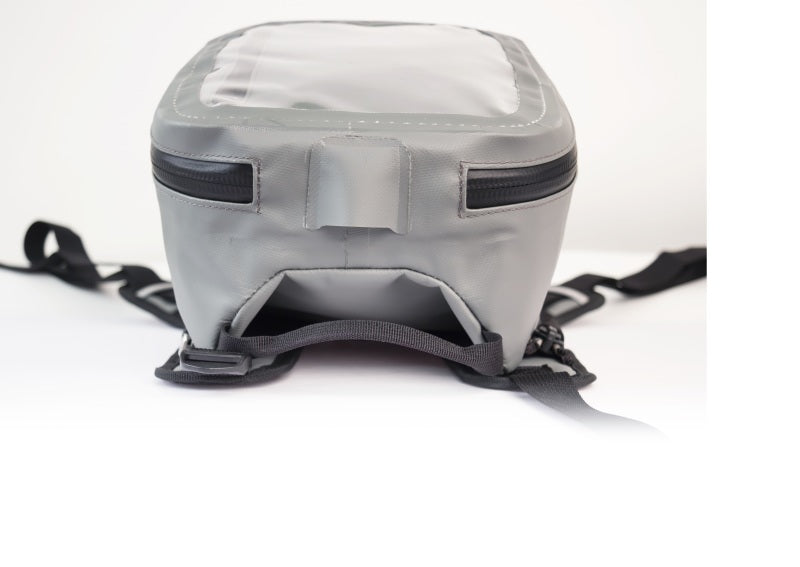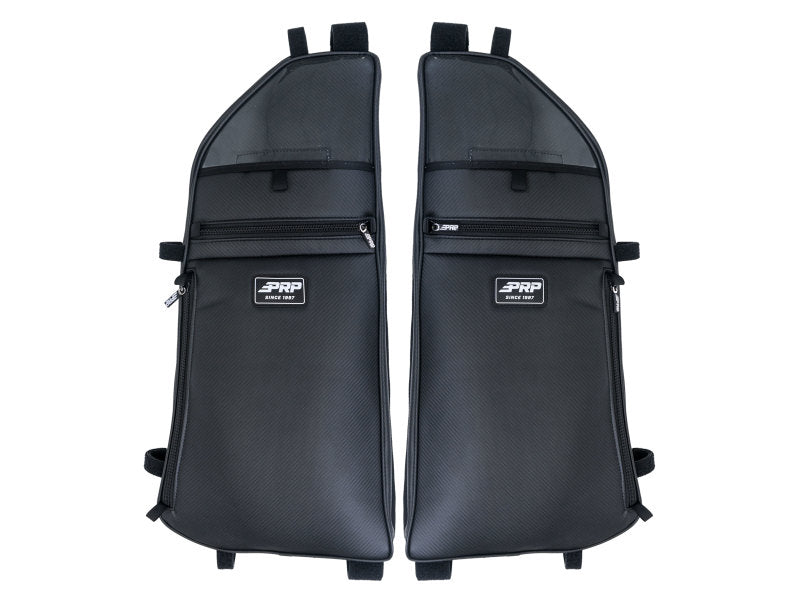Having a clean air filter in your car is crucial for keeping your engine running smoothly and efficiently. It stops dust, pollen, and other pollutants from getting into your engine, ensuring that only clean air is mixed with fuel. This not only boosts your car's performance but also saves fuel and reduces harmful emissions.
It protects your engine from wear and tear, helping it last longer. Regularly checking and replacing your air filter can enhance acceleration and keep your car in top condition, offering a better driving experience.
Key Takeaways
- An air filter cleans incoming air before it reaches the engine, removing contaminants like dust and pollen.
- It protects the engine by preventing abrasive particles from causing wear and tear.
- By ensuring a clean air supply, it aids in efficient fuel combustion, improving engine performance and fuel economy.
- A clean air filter contributes to smoother airflow, enhancing power and acceleration.
- Regular maintenance and replacement of the air filter prevent engine problems and maintain optimal performance.
Understanding Air Filters
Understanding car maintenance is important, especially the role of the air filter. This filter is crucial because it cleans the air going into your engine, protecting it from pollutants that can damage it. A clean air filter ensures your engine runs smoothly, keeping your car's performance at its best.
Regularly checking and replacing your air filter is important. It keeps your car running efficiently and prevents engine damage. Taking care of your air filter means your car will continue to perform well, offering you reliability and peace of mind.
The Role in Engine Performance
Keeping your air filter clean is key to unlocking your engine's full potential. A clean air filter ensures your engine breathes in clean air, leading to better power, acceleration, and fuel efficiency. Here's why a well-maintained air filter makes a difference:
- Performance benefits: It ensures smooth air flow into the engine, boosting power and making your car more responsive. Your car will accelerate easily and maintain speed smoothly.
- Engine protection: The air filter keeps harmful particles out, protecting your engine from damage and saving you from expensive repairs later.
- Combustion efficiency: With cleaner air, your engine burns fuel more efficiently, improving performance and fuel economy. This means you can drive further on the same amount of fuel.
In short, a clean air filter is essential for optimal engine performance, protecting your engine while making your ride more enjoyable and economical.
Common Contaminants Blocked
Your car's air filter serves as a protective barrier, keeping out common contaminants like dust, pollen, and other debris, ensuring your engine runs smoothly and efficiently. This not only safeguards your engine but also benefits the environment. Here's a brief overview of what's kept at bay and its significance:
| Contaminants Kept Out | Filter Efficiency | Impact on Environment |
|---|---|---|
| Dust & Pollen | High | Lowers Pollution |
| Debris & Bugs | Moderate to High | Improves Air Quality |
| Soot & Other Pollutants | High | Reduces Carbon Emissions |
Changing your air filter is more than just upkeep; it enhances your car's performance and supports environmental health. With a clean filter, your engine gets the clean air it needs to operate at its best, while also contributing to cleaner air for everyone.
By maintaining a clean filter, you're not just boosting your car's efficiency but also making a positive impact on the environment. So, keeping your air filter clean is a straightforward yet impactful way to make a difference.
Signs of a Dirty Air Filter
Understanding the signs of a dirty air filter is important for keeping your car's engine running smoothly and efficiently. A clean air filter allows your car to perform at its best. Here are the signs that your car needs a clean air filter:
- Black smoke or flames from the exhaust - This indicates that the air intake isn't clean, leading to improper combustion and excess fuel burning off as black smoke.
- Engine stalling or starting issues - Difficulty starting or unexpected stalling can mean the engine is struggling to get enough air. A clean filter helps maintain the right air-fuel mixture for smooth operation.
- Problems with acceleration and performance - If your car doesn't accelerate like it used to, it could be a sign that the engine isn't receiving enough air, affecting its performance.
Maintenance and Replacement Tips
Regularly inspecting your car's air filters is essential for maintaining optimal performance. By changing your engine air filter every 12,000 to 15,000 miles, you enable your vehicle to breathe better, improving both performance and fuel efficiency.
Deciding between a DIY replacement or hiring a professional depends on your preference for cost-saving versus convenience. Replacing the engine air filter yourself is an easy and affordable task, saving you money.
However, if you're uncomfortable with the task, a professional can ensure it's done correctly, albeit at a higher cost. Paper air filters are a common choice, but cotton or synthetic types offer their own advantages.
Frequently Asked Questions
What Happens if I Don't Change My Air Filter in My Car?
Changing your car's air filter regularly boosts engine performance, improves fuel efficiency, and reduces emissions. This care extends your engine's life and saves on maintenance costs. Keep up with it for a smoother ride!
What Are the Symptoms of a Bad Air Filter in a Car?
Experience improved acceleration, smoother engine performance, and quieter rides by replacing a bad air filter. Enhance your fuel efficiency and eliminate black smoke emissions. A damaged air filter can even cause the check engine light to come on. Keep your car running freely by attending to these key signs quickly.
How Do I Know if My Car Air Filter Needs Replacing?
To ensure your car's air filter is in good condition, regularly check its lifespan, watch for signs such as engine problems, adhere to the maintenance schedule, inspect it visually, and observe any changes in performance. Air filter technology evolves with newer car models, so stay informed.
How Much Does It Cost to Replace the Air Filter in a Car?
Changing your car's air filter can cost as little as 20 to 85, depending on the type and brand. Doing it yourself can save money and avoid high dealership costs, ensuring your engine runs smoothly.





